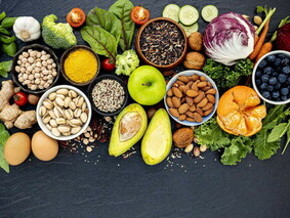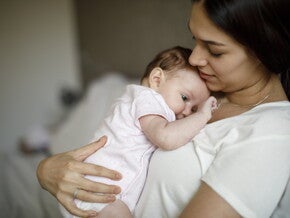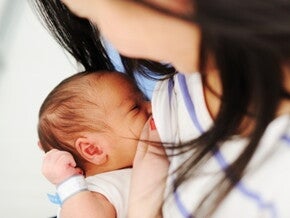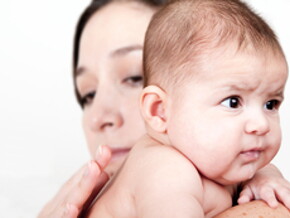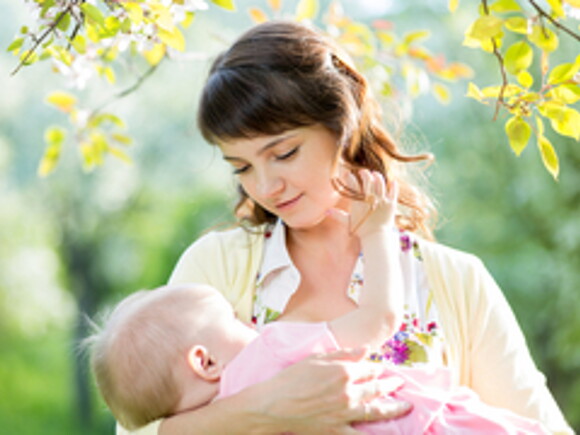
Role Of Breastfeeding In Allergy Prevention
Breastfeeding May Lower Allergy Risk!
Without a question, breast milk is a remarkable source of benefits to all babies, as it contains a variety of antigens (between defensive cells and enzymes), in addition to antibodies that studies have proven their ability to protect babies little bodies from childhood diseases and infections, and improve their immune functions on the long run.
And so, active healthcare professionals and governmental organizations around the world recommend and advise on the necessity of exclusive breastfeeding for babies until six month old, then continued breastfeeding with adequate solid food up to one year old or beyond, if possible.
As for breast milk or mother’s milk ability to protect children from allergy, it remains a controversy. The conflicting approaches adopted by allergy studies, the complex immune structure of breast milk and the genetic differences between one child and another, may all put in doubt the role of breastfeeding, whether it promotes or prevents allergy and related disorders.
But, according to a long-term study issued in 1982, breastfeeding reduces the risk of food allergy through adolescence, in two ways:
The first is due to babies’ slight exposure to allergens in the first months of life. Not giving them soy or cow milk based formulas makes them less prone to allergies later in life.
The second is quite related to babies’ immune systems. At birth, a baby’s immune system is underdeveloped. His digestive system which depended heavily on antibodies obtained from the mother via placenta is not yet ready for substances other than breast milk. Therefore, it is quite important to exclusively breastfeed baby until he’s 6 months old, i.e. until his immune system is capable of producing the antibody found in all body secretions and known to be the first line of defense against any attack from harmful foreign substances.
In short, babies rely on breast milk as a mean of protection. The Colostrum or the first milk produced by their mothers is rich in antibodies including IgA that works like a protective coating to their intestine against any allergy provoking substance. As for the mature milk that comes next, it continues to protect their bodies from the inside, keeping them away from allergy and diseases.
It’s true that the association between breastfeeding and child protection from allergy is still not well proven, yet encouraging mothers to live this special experience remains essential especially that the overall statistics show a significant decrease of allergy conditions among breastfed babies compared to formula-fed babies.
Read More: Allergy Risk Detection And Prevention









